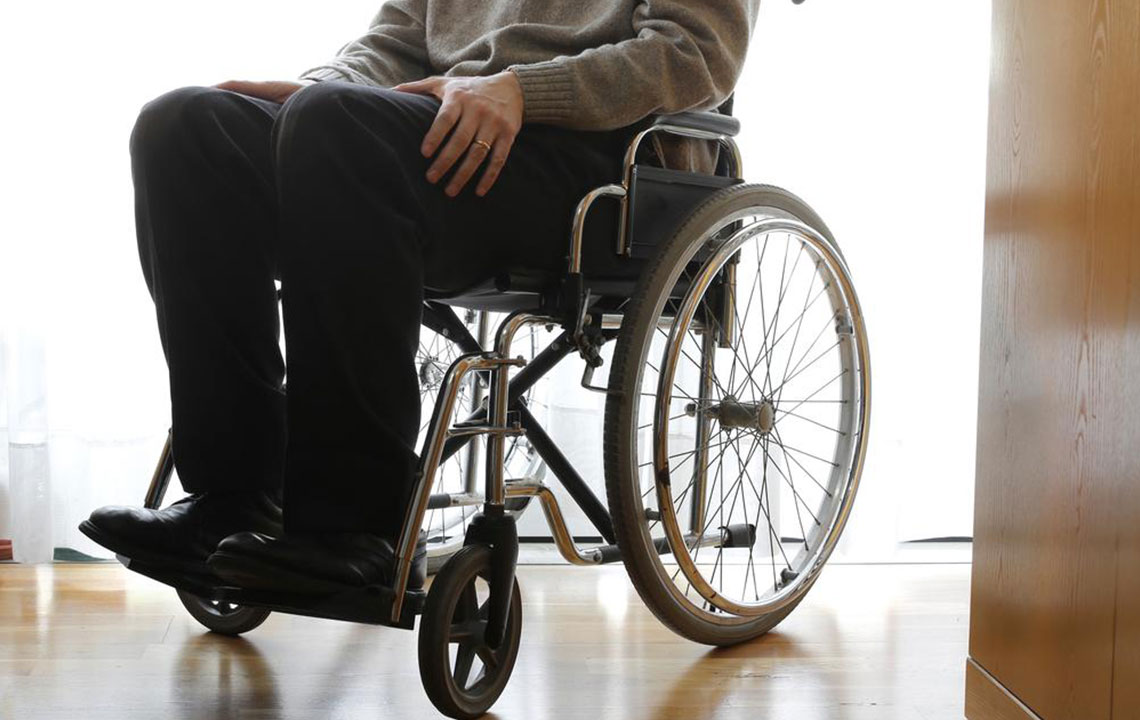Effective Lifestyle Modifications to Lower the Risk of Disability and Promote Healthy Aging
Learn how to proactively reduce your risk of disability by adopting healthier eating, regular exercise, and eliminating harmful habits. Discover essential lifestyle strategies to promote healthy aging and maintain independence throughout your life. This comprehensive guide provides practical tips to empower you to live healthier and prevent disabilities associated with aging. Embrace these changes today for a more resilient and active future.

Effective Lifestyle Modifications to Lower the Risk of Disability and Promote Healthy Aging
Disabilities that manifest later in life are often not inherited but develop as a consequence of lifestyle choices made throughout early and middle adulthood. Emerging research underscores that individuals leading unhealthy lifestyles are twice as likely to encounter disabilities as they age, emphasizing the importance of proactive health management. Implementing positive lifestyle habits not only enhances overall well-being but also significantly reduces the likelihood of disability in older years. This comprehensive guide highlights key strategies to foster a healthier, more resilient life as you age.
Prioritize Nutritious Eating Habits: Consuming a balanced diet rich in fruits, vegetables, whole grains, lean proteins, and healthy fats is vital for maintaining bodily functions and preventing chronic diseases. Limit intake of saturated fats, trans fats, and high-calorie processed foods. Reducing consumption of sugary beverages and snacks helps stabilize blood sugar levels, supports weight management, and promotes optimal energy levels. Proper nutrition plays a foundational role in preventing conditions like diabetes, cardiovascular disease, and musculoskeletal disorders that can lead to disability later in life.
Reduce Intake of Sugary Foods and Drinks: Cutting back on candies, sodas, and other sweetened beverages is essential. Excess sugar consumption is linked to obesity, insulin resistance, and inflammation—all factors contributing to disability risks. While cravings might be strong, gradually lowering sugar intake can lead to improved health outcomes over time, fostering a healthier metabolism and reducing the burden on vital organs.
Plan Meals and Prepare Ahead: Meal planning is crucial for ensuring consistent access to nutritious foods, especially during busy days. Prepare healthy meals ahead of time, such as salads, grilled vegetables, or lean protein snacks. Choose healthier alternatives like turkey, chicken, fish, or plant-based proteins over processed meats. Incorporate whole grains like brown rice or quinoa instead of refined grains. These habits support weight control and nutrient intake, vital for preventing mobility issues and other age-related disabilities.
Maintain Regular Physical Activity: Engaging in at least three moderate-intensity workouts weekly, totaling around 150 minutes, enhances cardiovascular health, strengthens muscles, and improves joint flexibility. Activities such as brisk walking, cycling, swimming, or strength training can boost metabolism, control weight, and support bone density. Consistent exercise delays muscle atrophy, joint stiffness, and other degenerative changes associated with aging, thereby reducing the risk of disability.
Avoid Harmful Habits: Quitting smoking offers tremendous health benefits, reducing risks for lung disease, cardiovascular issues, and certain cancers. Limiting alcohol consumption further contributes to overall health, protecting the liver, heart, and brain. These lifestyle adjustments contribute to improved recovery from existing health issues and lower the likelihood of developing disabilities related to chronic illnesses. Support from healthcare professionals, counseling, and community programs can facilitate successful habit changes.
Adopting these proactive strategies can dramatically alter your health trajectory, empowering you to age gracefully and maintain independence. Even when health challenges occur, advances in medical science and early intervention techniques offer hope and effective management options. The key lies in consistency and commitment to these healthy habits, which serve as the cornerstone of a disability-free, vibrant life.





